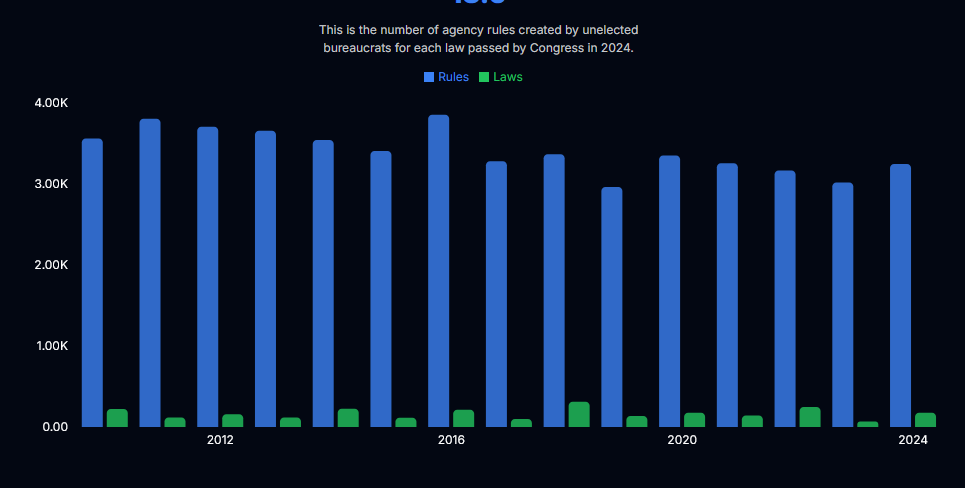President Donald Trump (R) is moving to reassert a President’s authority over the Executive Branch of our Federal government, lately signing an Executive Order that imposes new White House supervision over so-called independent agencies.
The editors of the WSJ center their support for this on
Article II’s command that the President “take Care that the Laws be faithfully executed.” If Congress has charged such agencies with enforcing laws, then the President should be able to supervise how they do their job.
They’re right as far as they go, but the matter is far more basic than that. The first sentence of Section 1 of our Constitution’s Article II lays out the foundational nature of an American Presidency:
The executive Power shall be vested in a President of the United States of America.
Our Executive Branch is run by a single executive officer, not by a committee of board members, especially not by an executive and a number of other executives operating independently of him and of each other.
This is the unitary executive, as some legal scholars term it. It’s long past time it got restored. Trump is entirely correct in this matter.

